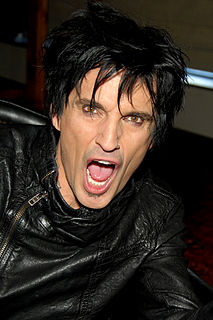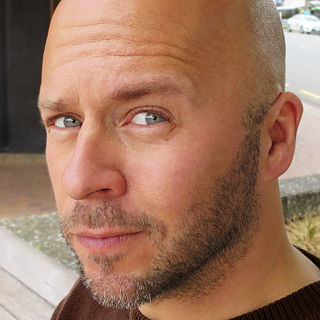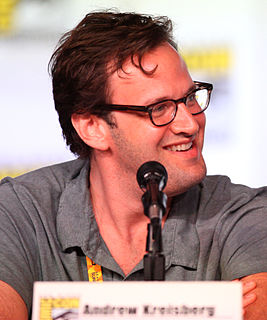A Quote by Maryanne Wolf
Deep reading refers to a whole continuum of processes that include some of the most important things about thinking and how we connect thought to what we read - critical analysis, analogical reasoning, how we infer from the text, how do we take another's perspective.
Related Quotes
Teaching literature is teaching how to read. How to notice things in a text that a speed-reading culture is trained to disregard, overcome, edit out, or explain away; how to read what the language is doing, not guess what the author was thinking; how to take evidence from a page, not seek a reality to substitute for it.
My work on what is called 'deep reading' explores the range of linguistic, cognitive, and affective processes that underlie not only the emergence of creative thought when we read but also the development and strengthening of capacities like empathy and critical analysis that we can apply to the rest of our lives.
Many Westerners see follow-through and reliability as the most critical factor in how they calculate the trustworthiness of another individual. In some other cultures, who you know and how you're related to other individuals is the most important variable. And for others, it may be as much about your reputation and what others have said about you.
It is not nearly so important how well a message is received as how well it is sent. You cannot take responsibility for how well another accepts your truth; you can only ensure how well it is communicated. And by how well, I don't mean merely how clearly; I mean how lovingly, how compassionately, how sensitively, how courageously, and how completely.
I talk all the time about how much I read growing up and how much I love Stephen King and how he impacted my work from a genre perspective, but Pat Conroy wrote some of the most magnificent stories about characters who had to deal with dysfunctional families and try to find a place of honor in their own world and the pain of loss.
Inform yourself about animal issues, and listen to different perspectives on how to help animals. Don't latch onto the first opinion that you hear about what is the most urgent issue, or the best way to help animals. Read everything you can on the issues, and be critical when presented with facts. Take an honest look at what your talents, strengths, and passions are, and determine how they can be used to the greatest effect. Once you've informed yourself, do your own thinking. The best way for you to make a difference might not be obvious, and might be something that no one has thought of yet.
The great challenge facing us today is to learn once again how to talk to one another, not simply how to generate and consume information. The latter is a tendency which our important and influential modern communications media can encourage. Information is important, but it is not enough. All too often things get simplified, different positions and viewpoints are pitted against one another, and people are invited to take sides, rather than to see things as a whole.
The one thing about kids is that you never really know exactly what they're thinking or how they're seeing. After writing about kids, which is a little bit like putting the experience under a magnifying glass, you realize you have no idea how you thought as a kid. I've come to the conclusion that most of the things that we remember about our childhood are lies. We all have memories that stand out from when we were kids, but they're really just snapshots. You can't remember how you reacted because your whole head is different when you stand aside.
So this is supposed to be about the how, and when, and why, and what of reading -- about the way that, when reading is going well, one book leads to another and to another, a paper trail of theme and meaning; and how, when it's going badly, when books don't stick or take, when your mood and the mood of the book are fighting like cats, you'd rather do anything but attempt the next paragraph, or reread the last one for the tenth time.



































